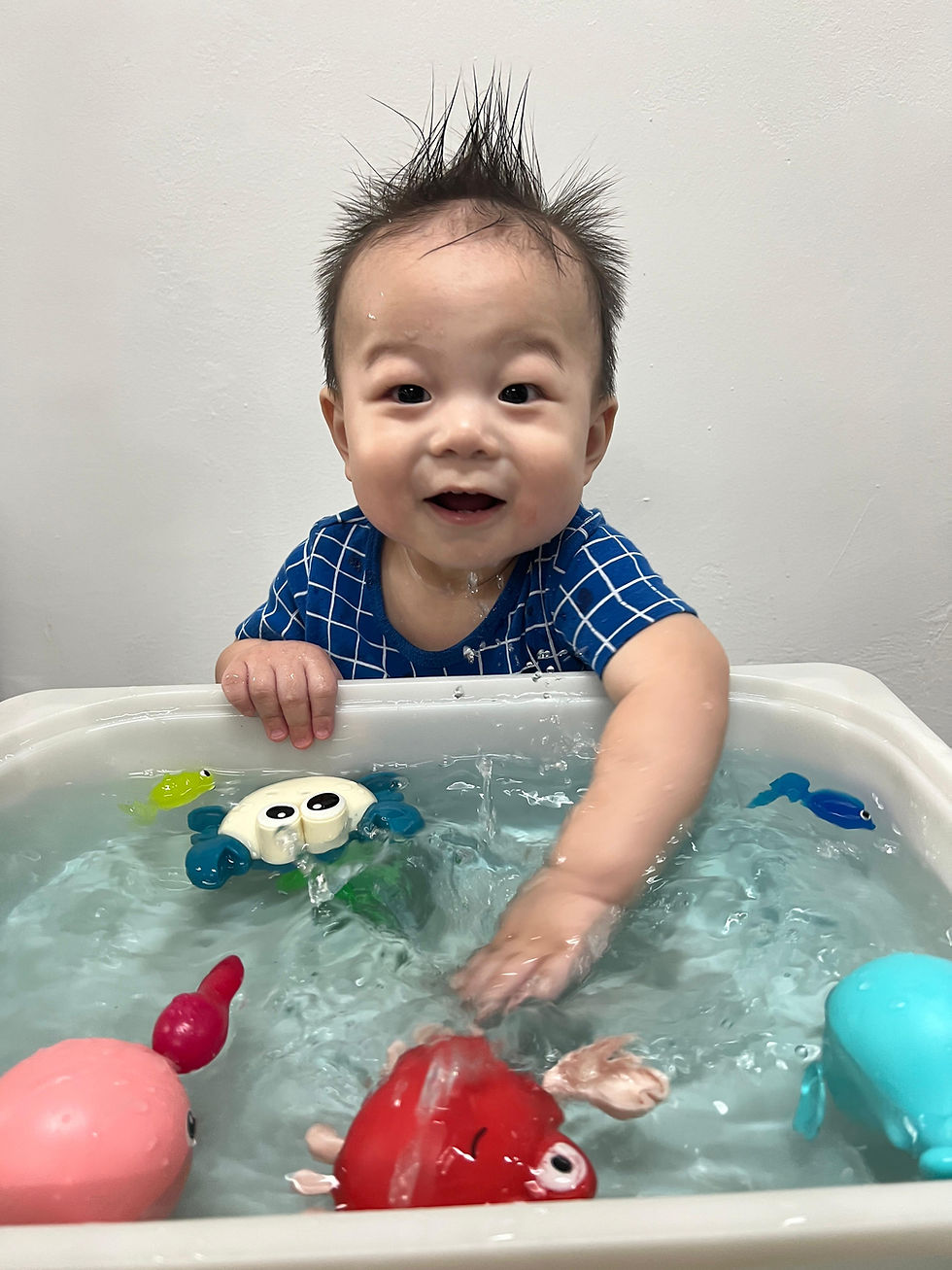How to Raise Happy Kids — Part 2
- paulatan77
- Oct 26, 2021
- 4 min read
Updated: Apr 5, 2022

Step 6: Form Happiness Habits
We’re at step 6 and although it may seem like this is already too much to do for you — let alone for a child, we can conquer that with good habits.
Thinking about these methods is taxing but acting habitually is easy, once habits have been formed.
How do you help kids build lasting happiness habits?
Here are a few powerful methods evidenced by research:
Stimulus Removal: Get distractions and temptations out of the way.
Make it Public: Create goals to increase social support and social pressure.
One Goal at a Time: Having too many goals is too much for one, especially for kids. Form one habit before adding another.
Keep At It: Don’t expect perfection immediately as developing habits takes time. It’s natural to have relapses. Keep reinforcing.
Step 7: Teach Self-Discipline
Self-discipline in kids predicts future success than more intelligence — or almost anything else, for that matter.
Yes, it’s that marshmallow test again. Kids who resisted temptation better had better lives years later and were happier.
A good way to start teaching self-discipline is to help kids learn to distract themselves from temptation.
Step 8: More Playtime
There is a lot of information on meditation and mindfulness nowadays — and both are quite powerful. However, getting children to do them on a regular basis can be quite a challenge. What works almost as well? More playtime.
Did you know, most kids already unconsciously practice mindfulness — fully enjoying the present moment — when they play.
But kids today spend less time playing both indoors and out… over the last twenty years, children have experienced a reduction of eight hours per week of spontaneous, free and unstructured play…
Playtime isn’t just goofing off. It’s vital to helping kids grow and learn.
Researchers believe that this great decrease in unstructured playtime is partly responsible for slowing kids cognitive and emotional development…
Strict instructions are not needed here: Set aside more time for your kids to go outside and just play.
Step 9: Rig their Environment for Happiness
We are reluctant to admit it, but we’re all heavily influenced by our environment — often more than we realize. Your efforts will be limited by effort and time, while context affects us (and children) constantly.
What’s a simple way to better control a child’s environment and let your purposeful happiness efforts have maximum effect?
Less TV : Research shows a strong link between happiness and not watching television.
Step 10: Eat Dinner Together
Sometimes science merely proves those things our grandparents knew all along. Yes, family dinner matters. This simple tradition helps mould better kids and makes them happier too. Studies show that kids who eat dinner with their families on a regular basis are more emotionally stable and less likely to abuse drugs and alcohol.
Step 11: Practise Gratitude
Incorporating gratitude into your everyday lives can help kids become happier, healthier people.
A 2012 study on gratitude discovered that grateful people have better relationships — and that can be crucial to living a happier life. One of the best ways to help kids become genuinely grateful is by modelling gratitude.
Express sincere thanks when you are grateful for someone else.
Expressing gratitude for the things your children do will teach them to do the same.
Make it a family habit to talk about the things you feel grateful for.
Identify three things you’re grateful for at dinner or talk about what you’re grateful for at bedtime.
This will help your children learn to look for things they can be grateful for in their daily lives.
You can also learn how to make your baby laugh and how to calm your angry child.
What matters most to parents? Our most-read articles:
https://www.nurtureinfant.com/post/importance-of-a-conducive-learning-environment (Read 200,857 times)
https://www.nurtureinfant.com/post/ensuring-holistic-child-development (Read 52,623 times)
https://www.genesisgroup.sg/post/tampines-parks-that-you-can-bring-your-child (Read 11,902 times)
Genesis Childcare 1989, a leading preschool and childcare in Tampines, develops a curriculum which provides a bilingual learning experience, helps the children to learn the necessary skills and knowledge needed to help them successfully transit to Primary School with ease.
Teachers from our childcare Tampines or kindergarten Tampines are trained, qualified, passionate, dedicated, enthusiastic, caring and encouraging who love and empower each child to fulfil their potential to the fullest.
The children in our Preschool Tampines get to learn English, Chinese, Maths, Science, Music and Movement, Arts, Outdoor Play and cookery lessons. Our Preschool Tampines also provides balanced and nutritious meals for the children and helps the children to cultivate healthy eating habits.
We have over 30 years of experience in nurturing thousands of infants, toddlers and preschoolers. If you are looking for Tampines infant care or Tampines preschool or Tampines childcare, do consider Genesis Childcare 1989.
Located alongside our childcare in Tampines is our Nurture Infant House. If you are looking for Tampines infant care or infant care in Tampines, do visit Nurture Infant House. It is for infants aged 2 months to 18 months old. You can learn more about our infant care Tampines here.
Lastly, would you like to visit our Genesis Childcare 1989 to find out more about our environment and set-up as well as understand our operations by talking to our teachers and supervisor?
Genesis Childcare 1989 (Playgroup to Kindergarten 2)
Blk 433 Tampines Street 43 #01-63/65 Singapore 520433
Nurture Infant House (2 to 18 months Infants)
Blk 433 Tampines Street 43 #01-61 Singapore 520433
Opening hours: Monday to Friday (7am to 7pm) & Saturday (7am to 2pm)
Public Bus services: 8 / 21 / 28 / 29 / 293
Tel: 96664141






Comments